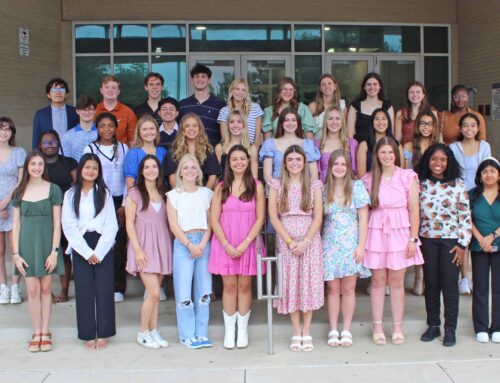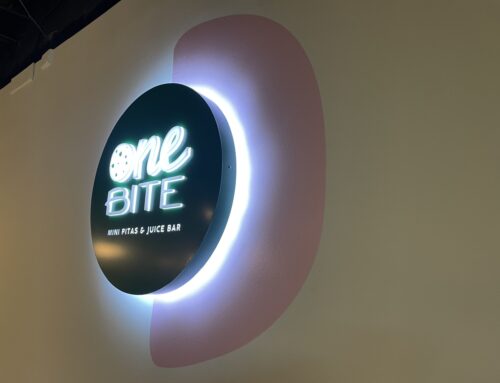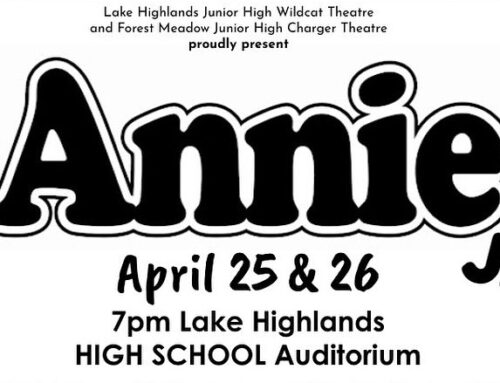The park board wanted to put the first city park for black people only in Deep Ellum back in 1912. But property owners protested, and that idea fell aside. Two years later, the board suggested five potential sites for a “Negro” park and kept those locations under wraps, which was legal at the time.
Finally, in 1915, the first park in Dallas for black people only, Halstead Park, opened at Hall and Central. It’s still there and is now called Griggs Park. The same year, the Oak Cliff Negro Park, now Eloise Lundy Recreation Center, also opened.
With the 100th anniversary of the first ones approaching, two charitable foundations are working to compile monuments in the city’s eight historically black parks in a project called the Dallas Historical Parks Project.
The Boone Family Foundation and the Rainwater Charitable Foundation are soon to dedicate a monument at Griggs park, named for the Rev. Allen R. Griggs. The foundations are seeking oral histories and photographs to be part of the monuments.
Did you or someone you know spend summer nights at a historically black park in Dallas? They are Griggs Park, Eloise Lundy Park, Wheatley Park, Juanita J. Craft Park (founded in 1924 as Wahoo Park), Exline Park, Moore Park (founded in 1938 as Eighth Street Negro Park), William “Bill” Blair Jr. Park (founded in 1945 as Rochester Park) and Mattie Nash/Myrtle Davis Park (founded in 1945 as North Hampton Park). If so, the artists and historians working on this project would like to hear from you at 469.269.5079.
This endeavor desires to reflect on the complex ways Black citizens responded to social inequity and the strategies used to create community to thrive in despite such oppressive realities.
The project, led by Dallas-based artists Cynthia Mulcahy and lauren woods, will be part of the Dallas Faces Race initiative.
The monuments, which will begin appearing this fall, will include photos and stories about the parks and QR codes which visitors can scan to find websites with more content. The project also will include curriculum for DISD students.






